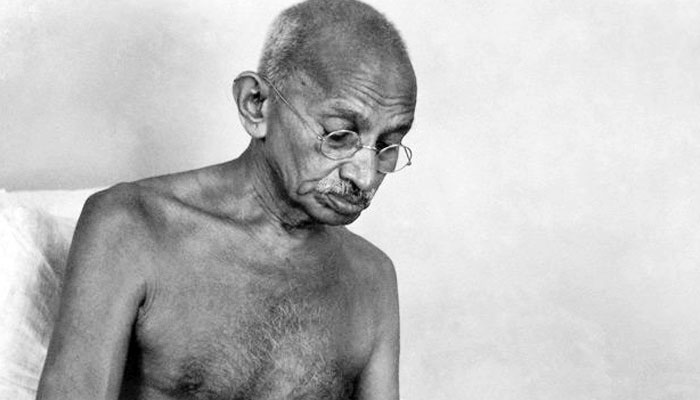We will be celebrating the 150th birth anniversary of Mahatma Gandhi this year. Gandhi’s contribution to the nation is certainly worth a grand commemoration and the Government of India is keen to do it as our grateful nation prepares for the event. In a few days from now, we will observe his martyrdom as he was assassinated on January 30, 1948. But even 70 years after his death, Gandhi lives on. The relevance of his ideas in today’s world is widely discussed and debated. And the very fact that his ideas still get people to think and argue makes him rather extraordinary. This, perhaps, was the reason as to why a person like Einstein had said that generations to come might find it hard to believe that someone like Gandhi walked on this earth in flesh and blood. But Gandhi had his share of critics, too. And they were just as vociferous as his admirers. Gandhi was a man of conviction and would not budge an inch from the values he upheld. The approaching anniversary of his death will be an appropriate occasion to recapitulate what all he stood for and truly understand what made him the Mahatma. This is all the more important for the young nation where an overwhelmingly large section of the population is hooked to the social media and considers the internet to be the most authentic source of knowledge. They must know about Gandhi and try to understand the values and principles that were dear to his heart. We must remember that Gandhi’s greatest strength was complete congruence in what he practised and what he preached. In an era in which commerce rules and ideology is a vanishing commodity, Gandhi’s qualities are like a whiff of fresh air. It is important to realise the importance of his ideas. First and foremost is his complete understanding of the dichotomy between right and wrong. He always maintained that ends did not justify the means. Rather, means and ends were a continuum. For him, change had to begin from the self. His philosophy was simple and got one to understand the importance of truth and non-violence. In fact, he was a true advocate of the golden lesson on education given in the Sikshavalli of Taittiriya Upanishad that is Satyam Vada, Dharmam Chara. In other words, adhere to the truth and follow the path of righteousness. Today, we find our world in turmoil driven by violence. Gandhi’s solution was simple — tread the path of non-violence. His politics was politics based on ethics and he had classified the seven deadly sins as wealth without work, pleasure without conscience, knowledge without character, commerce without morality, science without humanity, religion without sacrifice and politics without principles. As we look around today, we find these deadly sins abound. Is it not evident that the problems of the present times have compounded because of these sins? From corporate trusteeship, to sustainability principles, to frugal economics, Gandhi’s ideals could really help one in present times where we find management theorists, environmentalists, and economists struggling alike to come to grips with the challenges that the modern times are throwing at the individuals. He had said that whenever you are in doubt, recall the face of the poorest and the weakest man and ask yourself if your step will be of any use to him. This will lead to real Swaraj. In Gandhi’s wisdom lies the answer to the woes of the present times.
Pathak is a professor of management, writer, and an acclaimed public speaker. He can be reached at ppathak.ism@gmail.com


























